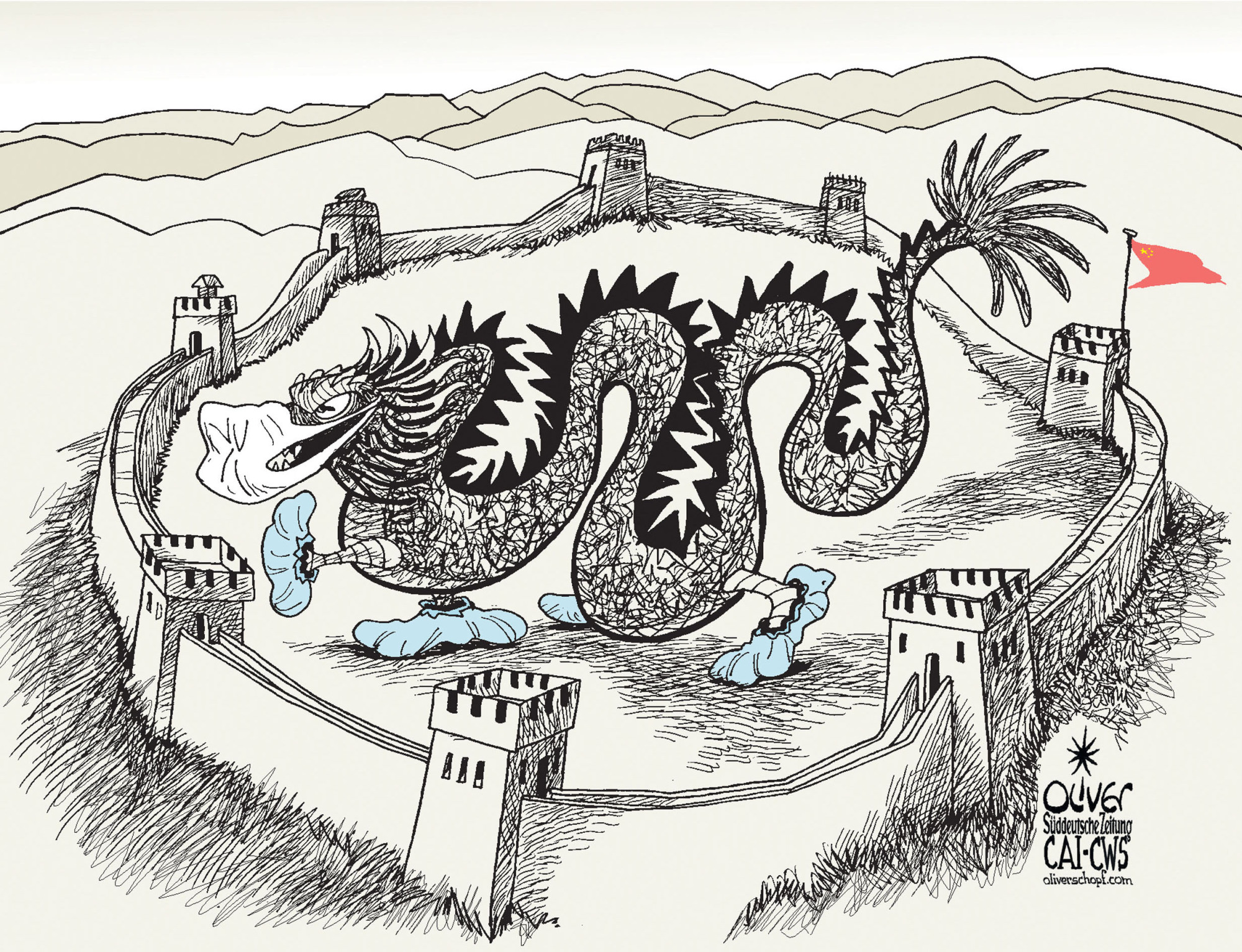An outbreak of a new coronavirus that began in the Chinese city of Wuhan has already infected over 4,000 people — mostly in China but also in several other countries, from Thailand to France to the United States — and killed more than 100. Given China's history of disease outbreaks — including of severe acute respiratory syndrome (SARS) and African swine fever — and officials' apparent awareness of the need to strengthen their capacity to address "major risks," how could this happen?
It should be no surprise that history is repeating itself in China. To maintain its authority, the Communist Party of China must keep the public convinced that everything is going according to plan. That means carrying out systemic cover-ups of scandals and deficiencies that may reflect poorly upon the CCP's leadership, instead of doing what is necessary to respond.
This pathological secrecy hobbles the authorities' capacity to respond quickly to epidemics. The SARS epidemic of 2002-2003 could have been contained much sooner had Chinese officials, including the health minister, not deliberately concealed information from the public. Once proper disease control and prevention measures were implemented, SARS was contained within months.



















With your current subscription plan you can comment on stories. However, before writing your first comment, please create a display name in the Profile section of your subscriber account page.